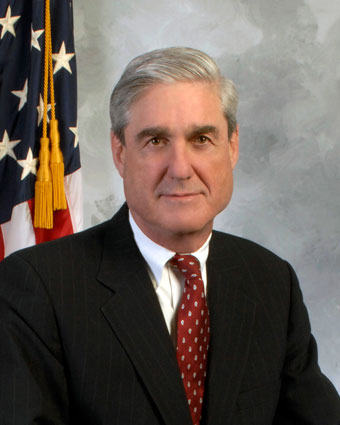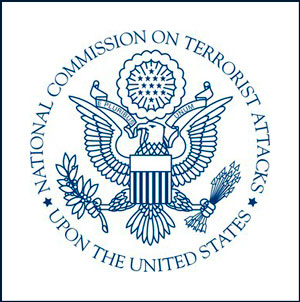What Mueller and Barr need to tell us
The Miller Center's Philip Zelikow suggests that Robert Mueller issue a public version of his final report
Read the full article in the Washington Post

During his confirmation hearings, attorney general nominee William P. Barr cautioned that while he intended to provide “as much transparency as I can” about the results of special counsel Robert S. Mueller III’s investigation, he might be required to keep certain elements of the counsel’s report that dealt with grand jury matters confidential. Mueller and his staff should consider dividing their report into two parts, one of which would provide the public an overall narrative of their findings about Russian efforts to interfere in the 2016 presidential election. The American people and the American government deserve those facts.

Unlike past independent counsels, including Leon Jaworski, who investigated the Nixon administration, or Kenneth Starr, who pursued the Clinton-Lewinsky affair, or the 9/11 Commission, for which I served as executive director, Mueller is acting as a Justice Department employee who is conducting a special investigation for the attorney general. Yet, from the start, the Justice Department made this work broader than just a legal investigation.
[O]ur government and citizens are certainly entitled to understand, as best they can, the counterintelligence story: how the Russian government carried out a series of covert operations to intervene in the election of a U.S. president, and how Americans may have encouraged or worked with the foreign agents.
In appointing Mueller in May of 2017, and elaborating the scope of his work in August 2017, Deputy Attorney General Rod J. Rosenstein referred to and endorsed former FBI director James B. Comey’s description of Mueller’s mission as a counterintelligence inquiry into “the Russian government’s efforts to interfere in the 2016 presidential election.” That counterintelligence investigation could extend to the investigation of what crimes were committed, but was not limited to the criminal questions.
A report on the counterintelligence investigation is a report on a threat to America’s national security: a significant, covert foreign intervention into the country’s most important political process. This is quite apart from the separate matter of who committed what crimes. It is not necessarily a crime for Russians to interfere in our politics. It may or may not be a crime for Americans to work with the Russians or their agents, depending on the specifics of what people knew and did — evidentiary issues — and whether the allegations are prosecutable.
But our government and citizens are certainly entitled to understand, as best they can, the counterintelligence story: how the Russian government carried out a series of covert operations to intervene in the election of a U.S. president, and how Americans may have encouraged or worked with the foreign agents.
We tried to bring the reader into al-Qaeda’s world and its operational planning, not just examine the American reactions.
One of the most important insights from the 9/11 Commission work was the value of explaining the context, including a study of both sides. Therefore, we tried to bring the reader into al-Qaeda’s world and its operational planning, not just examine the American reactions.
In Mueller’s case, this means, for example, that part of the narrative could set a context to help citizens understand how the Russian government carries out covert activities, the way many Russian businesspeople interact with this work and the way Americans who do business with such connected Russians comprehend this. Similarly, the report can set the context of the Trump campaign in 2016, and how it operated, that was relevant to the Russian intervention. Some of this may have spilled over into the presidential transition process as well, if not the operations of the administration itself.
